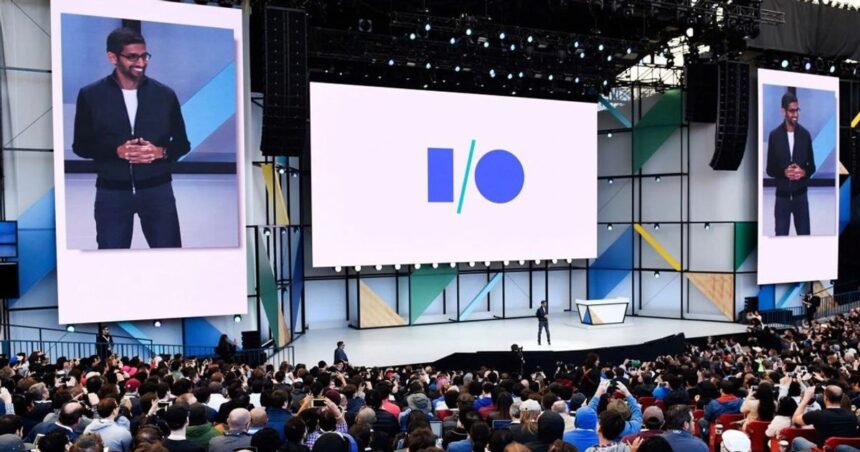- Google CEO Sundar Pichai faces pressure to resign amid AI mishaps.
- Critics argue Google lags in AI under current leadership.
- Despite steady tenure, Pichai’s future uncertain as AI threatens search.
AI competition challenges Google
Google CEO Sundar Pichai faces increasing pressure to resign following high-profile AI mistakes that have raised concerns over his leadership.
The latest issue involved historically inaccurate images generated by Google’s Gemini chatbot, resulting in a stock selloff and public apology from Pichai.
This comes on the heels of Google’s AI-powered Bard providing an incorrect answer during a public demo. Combined with emerging competition in AI from startups, analysts say these snafus highlight that Google now lags in AI development.

Stability vs. innovation debate
Prominent industry newsletter “Stratechery” called for Pichai’s removal, alongside leadership who “let [AI systems] run amok.” An analyst at Bernstein also questioned if new management is needed to guide Google’s AI future.
Pichai has been widely credited for steady leadership focused on protecting core search during his tenure as CEO. But some argue that same stability has also bred bureaucracy and risk aversion now hindering Google’s ability to move quickly into AI.

Uncertainty surrounds succession plans
Though search remains profitable, experts predict growth in generative AI could substantially disrupt Google Search over time if left unaddressed.
While many still greatly respect Pichai, there is rising uncertainty if he can transform Google fast enough to stay competitive in AI.
If a change is made, it remains unclear who would be best positioned to take over and spearhead a new innovative yet responsible approach to AI at Google. Regardless, the company finds itself at a pivotal moment as new technologies promise to reshape the entire tech sector.









